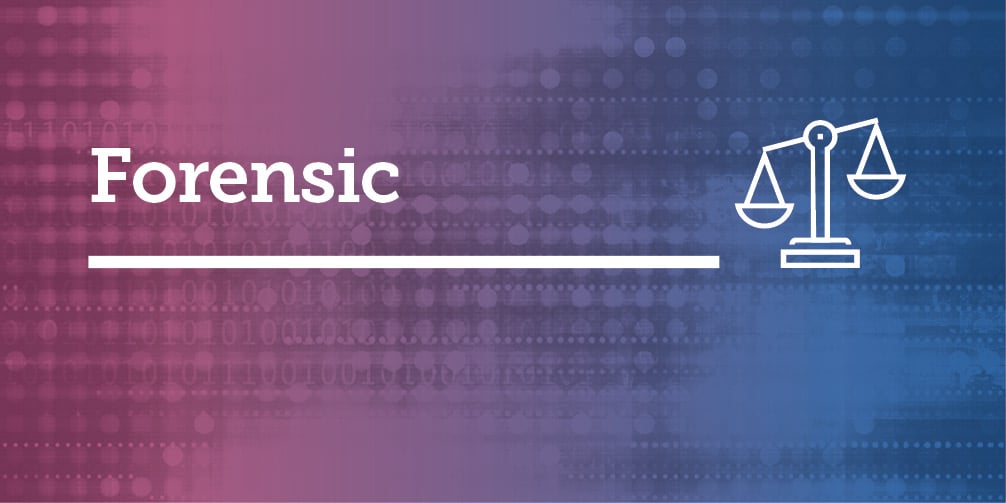Featured Article
Article Title
Psychotherapy for Serious Mental Illness in Solitary Confinement: Metacognition and the Promotion of Meaning and Recovery
Authors
Mark Richardson; Psychoanalytic Center of Philadelphia, Psychodynamic Psychotherapy Program, Philadelphia, PA
Paul H. Lysaker; Richard L. Roudebush VA Medical Center, Indianapolis, IN; Department of Psychiatry, Indiana University School of Medicine, Indianapolis, IN
Abstract
Recovery from serious mental illness (SMI) is recognized as involving the development of a coherent and compassionate understanding of oneself and one’s place in the world. For many reasons, this may be an unusually daunting task in a maximum security prison, particularly in solitary confinement. For the incarcerated person who experiences psychosis and other severe emotional difficulties, to the extent that SMI is an experience of fragmentation, loss of agency, and loss of a sense of belonging to the human community, these things are amplified by the very experience of incarceration. In this paper, we explored the general and specific tasks that psychotherapy in these settings should address if promoting subjective recovery is to be a key objective. After reviewing emerging literature on metacognition as a set of processes that underlie recovery from SMI, we have suggested that psychotherapy in highly restrictive correctional settings may promote subjective recovery to the extent that, sensitive to persons’ metacognitive capacities, psychotherapy helps persons with SMI to form more coherent accounts of their challenges and possibilities and decide how to respond to them. We then suggested that in these types of forensic settings, there may be very specific tasks for psychotherapists. These include establishing psychotherapy as a space in which meaning can jointly be made of the person’s experience within prison, including their experiences and responses to the challenges of prison, as something that falls along the continuum of what can be made sense of within the context of their larger life.
Keywords
psychosis, recovery, psychotherapy, forensic, metacognition, rehabilitation
Summary of Research
“It has been increasingly recognized that adults with serious mental illness (SMI) in forensic settings have particularly widespread mental health care needs… Interventions typically encountered in correctional settings range from pharmacological management, which is ubiquitous, to various forms of Cognitive-Behavioral Therapy… Under such conditions, all human movement—that of inmates and staff—is highly controlled and closely monitored by custody, and mental health services are significantly impacted. Two different approaches have emerged to attempt to address the clinical needs of people with SMI in this context. The ‘Clinical Alternative to Punitive Segregation’ program, or CAPS, deals with the difficulty here, in part, by working with custody to divert people with SMI from restrictive housing in the first place” (p. 51- 52).
“...An integrative model of metacognition defines metacognition as a spectrum of activities which enable persons to notice and think about what they and others face in life and how they and others are responding to those challenges and possibilities… Applied to SMI, this research has suggested that the loss of a sense of agency and community membership, as well as alterations in one’s sense of self and others, may emerge when metacognitive deficits leave persons with SMI with only a fragmented sense of self and others… Concerning forensic settings, research has found that persons with SMI who are incarcerated have relatively lower levels of metacognitive capacity when compared to persons in the community with SMI… It has been proposed that as persons recover metacognitive capacity, they may also recover the ability to make sense of their mental health and related social challenges and decide how to effectively manage them, leading to a greater sense of purpose, possibility, and connection with others” (p. 53).
“We would suggest that beyond these general aspects, the work on metacognition and recovery from SMI may suggest four related tasks for clinicians seeking to promote recovery in maximum security prison or other highly restrictive correctional settings… Of note, the work carried out in the area of subjective recovery spans a wide range of settings that fall under the “forensic” umbrella, from outpatient and hospital units where justice-involved people with SMI are offered services to short-term detention facilities (i.e., jails) and maximum security or supermax prisons where a person may live out the remaining decades of their life. With respect to longterm, highly restrictive correctional settings—this work is only a beginning” (p. 54- 56).
“With future research supporting the feasibility of this approach for therapists and persons living in highly restrictive correctional settings, it thus seems possible to create pilot projects to test the effects of these kinds of interventions and processes upon recovering persons. The technology behind the metacognitive research presented above would allow for quantitative measurement of metacognition among persons in treatment in these settings, which could be paired with other novel methods for measuring the experience of recovery, all pointing to more comprehensive approaches to addressing the mental health needs of incarcerated persons” (p. 57).
Translating Research into Practice
“...In these types of forensic settings there may be very specific tasks for psychotherapists. These include establishing psychotherapy as a space in which persons’ experiences within prison and responses to the challenges of prison can be understood as something that falls along the human continuum and can be made sense of within the larger context of their life” (p. 56).
“...The work on metacognition and recovery from SMI may suggest four related tasks for clinicians seeking to promote recovery in maximum security prison or other highly restrictive correctional settings.
One of these… is establishing that the person can make meaning with another person of extraordinarily trying experiences… within this encounter there is an opportunity for joint thought to occur and for the conversation, therefore, to go beyond finding an immediate solution or the clinician trying to cajole or convince the person to change their behavior… there can be the beginning of the establishment that the person can make sense of their experiences and responses within the correctional institution as meaningful and understandable by others….
Psychotherapy that seeks to promote subjective forms of recovery may have the task of seeking a joint understanding of critical experiences and behaviors. This is especially important in incarcerated persons’ responses to confinement and control of their movement, particularly as those responses, regardless of their prosocial or lack of prosocial qualities, can be understood to reflect an effort to maintain their dignity and humanity, and to protect themselves from further humiliation and degradation.
...A third task for individual psychotherapy that we would propose is essential for promoting subjective forms of recovery in highly restrictive correctional settings includes jointly establishing a sense of the person as an agent who still fully belongs within the larger human community…
The final task we would note for individual psychotherapy involves the formation of a joint understanding of the patient’s history as a context for thinking about both the emergence of mental illness as well as their legal history. Understanding one’s past acts of violence towards others, as well as towards themselves, and in many if not most cases, one’s own history of oppression, discrimination, and victimization before and during incarceration, seems to be an essential part of recovery and developing greater self-reflectivity within these restrictive correctional settings” (p. 54- 55).
Other Interesting Tidbits for Researchers and Clinicians
“For both the patient and therapist, the therapeutic relationship can offer space for not only making sense of the patient’s experiences and life, but for an experience of dignity and respect, agency, belonging, and the pursuit of wholeness. The joint exploration of the ‘why’ for one’s existence is possible, and therefore, ‘how’ his or her circumstances can best be borne, struggled against, and ultimately, overcome. In this way, psychotherapy may indeed be a ‘lifesaving procedure’ and should not be ignored as a critical component of suicide prevention efforts in restrictive housing, where people are at increased risk for self-directed violence…
In this context, therapists—whether just beginning their training or in later stages of their career—need a place to make meaning of their own responses to the patient and the environment….while inserting the mind of the therapist is an essential ingredient of the successful psychotherapeutic attempt, the therapist must ultimately leave the answering of such questions to the patient, as the opportunity to try to make sense of one’s life, including one’s history of violence, is central to both subjective recovery and the potential transformation of suffering” (p. 56- 57).
Additional Resources/Programs
As always, please feel free to check out the resources below and comment to add more to the discussion!
- Contextual information influences lineup identification statements - CONCEPT Professional Training
- Episode 9: Pathways to Impact: Careers in Forensic and Correctional Psychology
- Neuroscience and Humanistic Counseling Values – A Critical Look at the Integration of Neuroscience in Counseling with Brett Wilkinson































